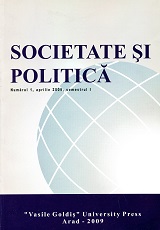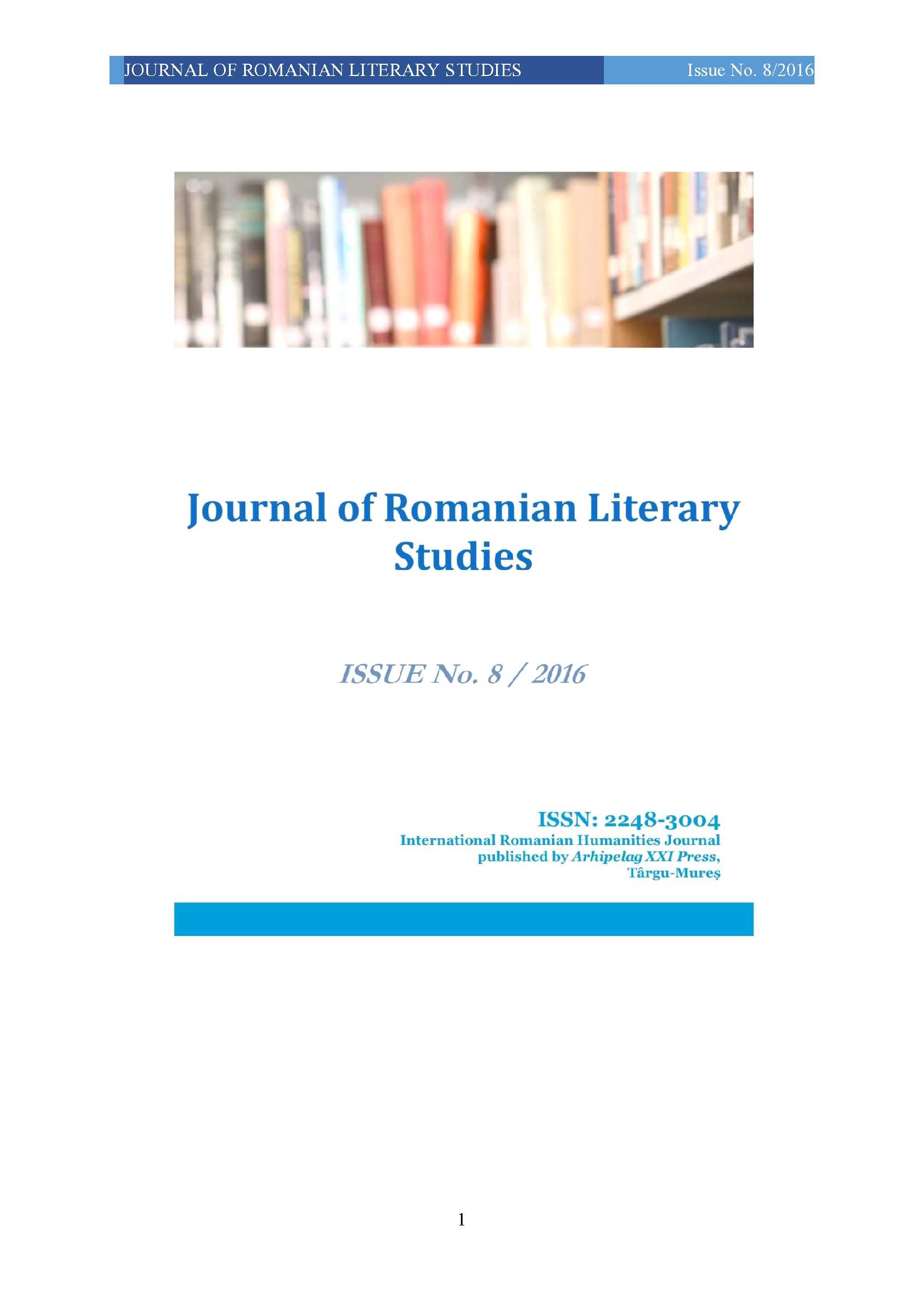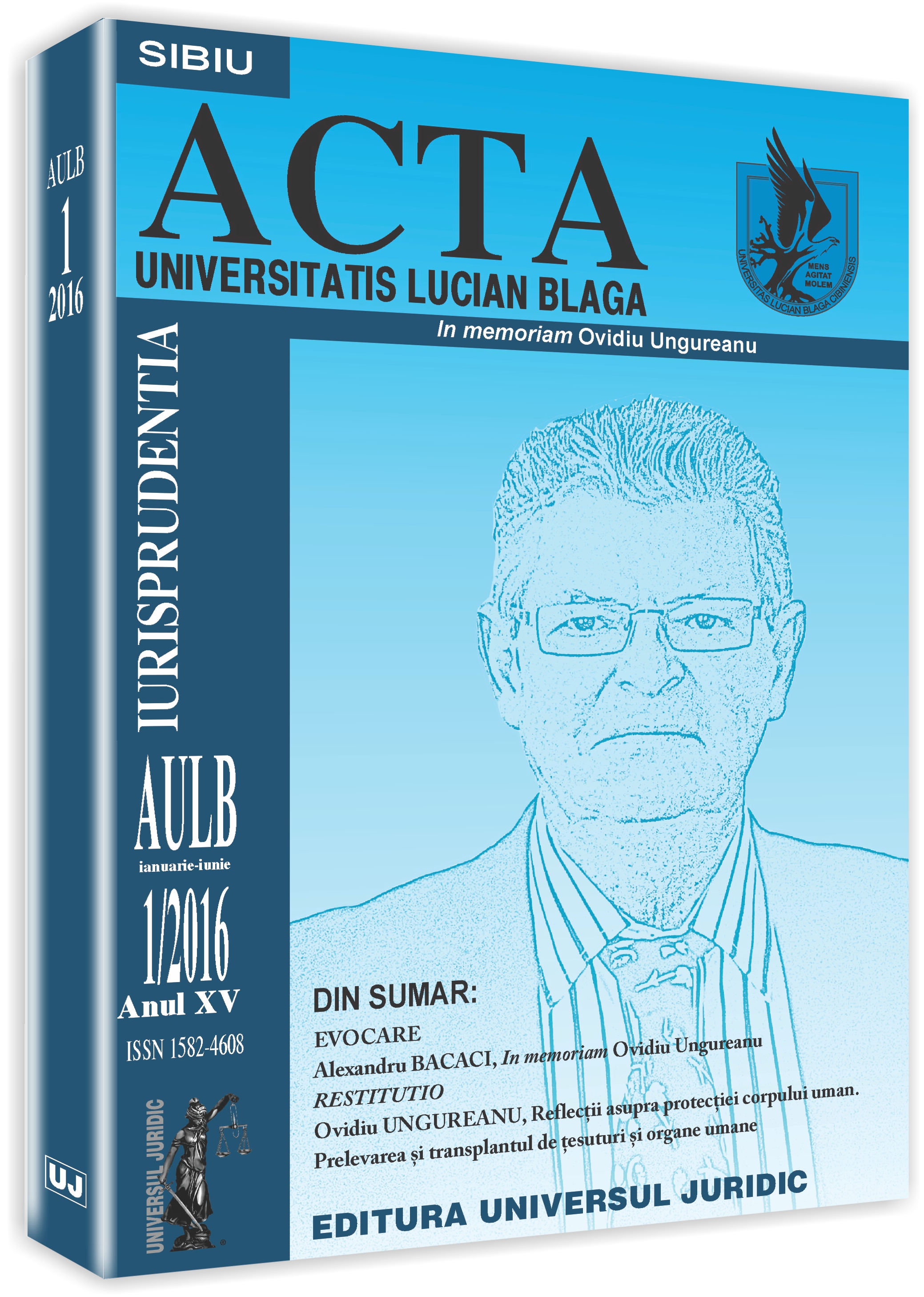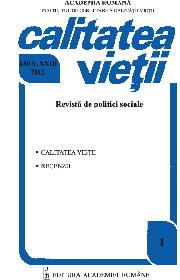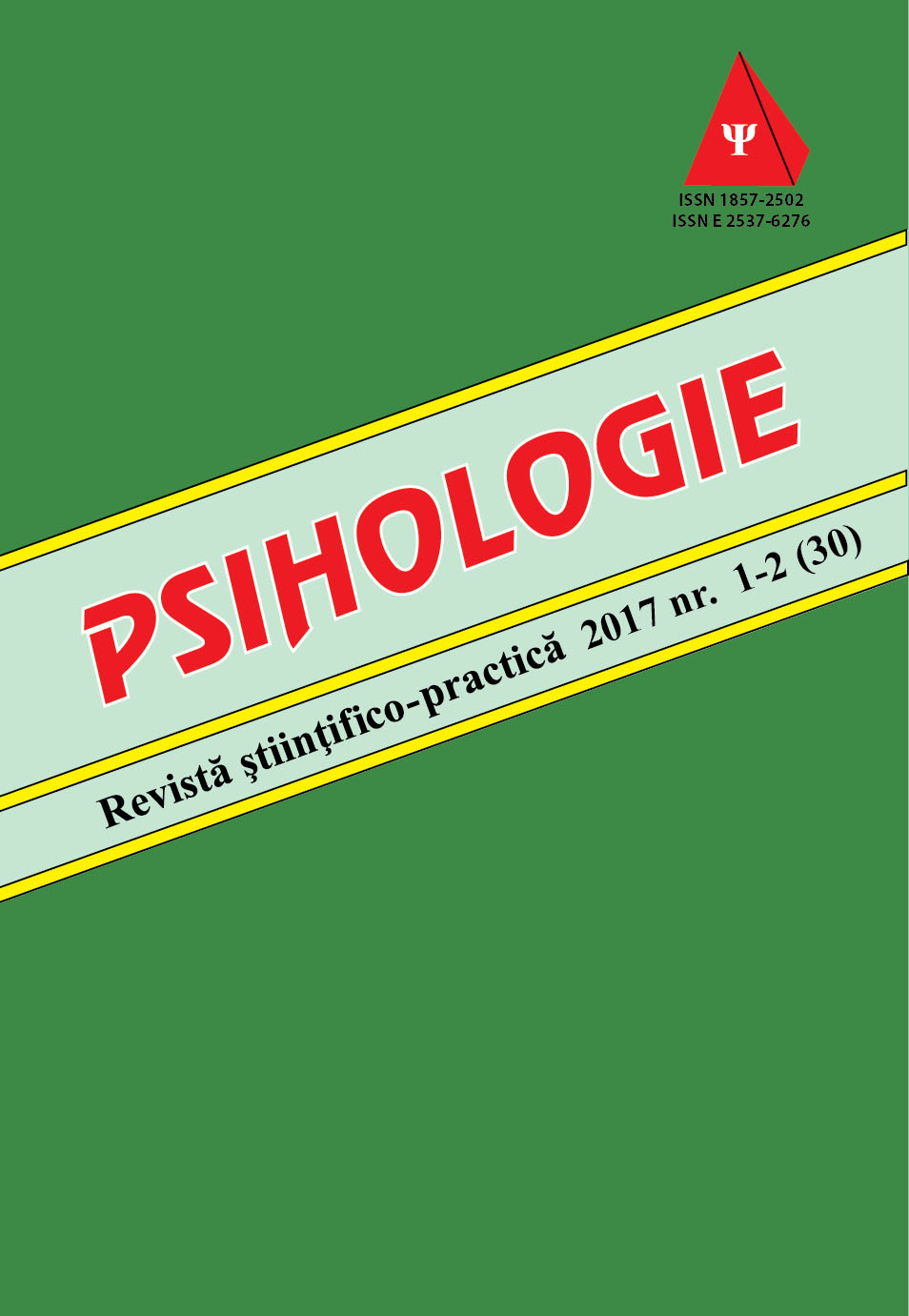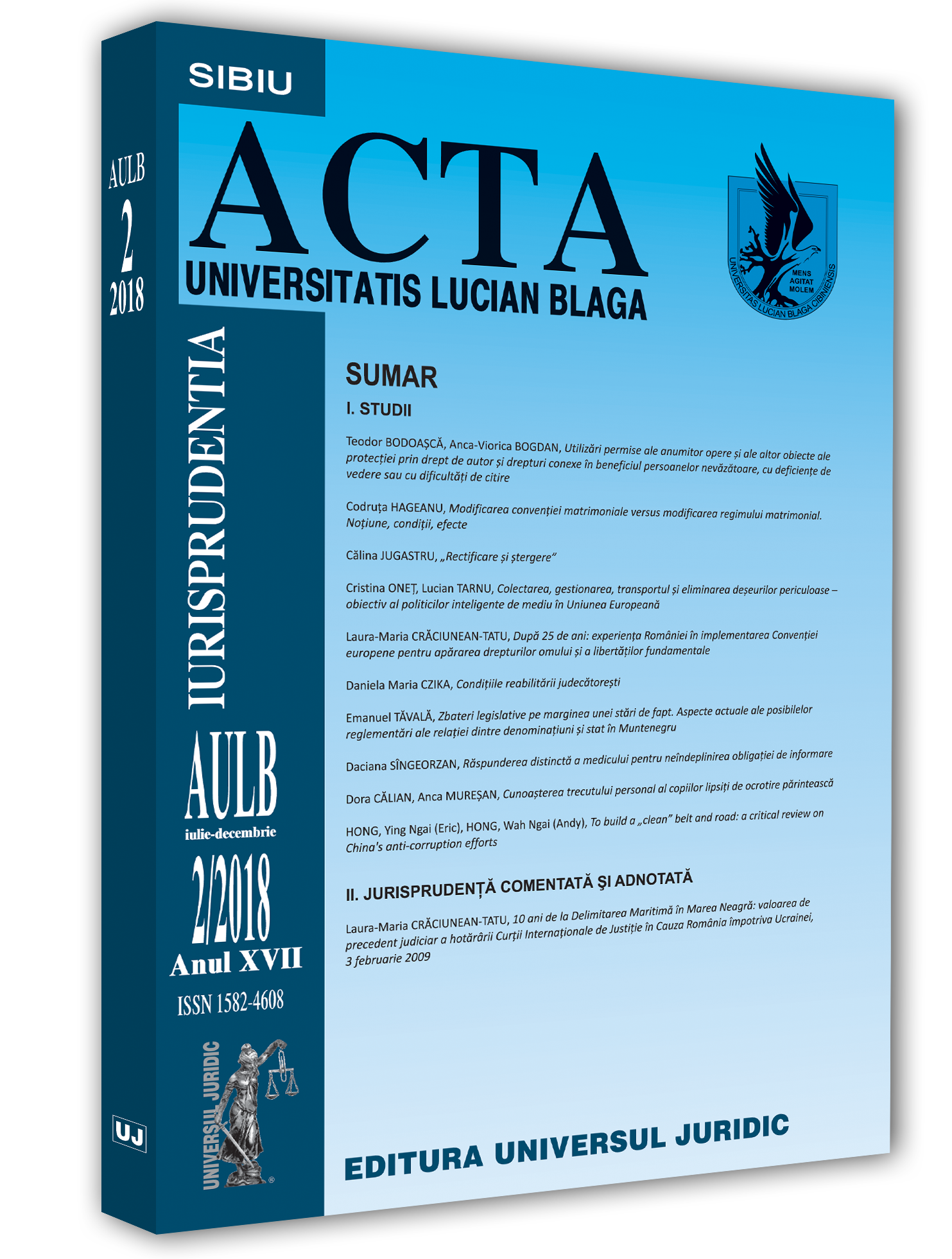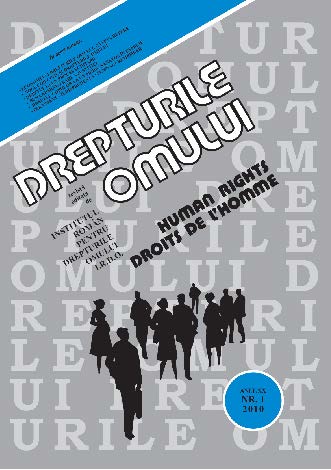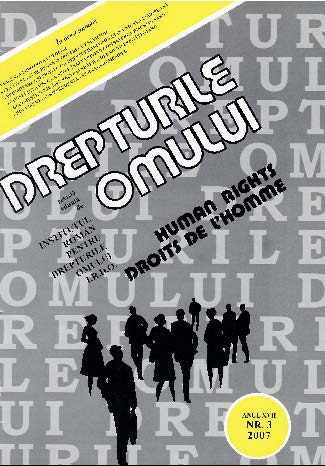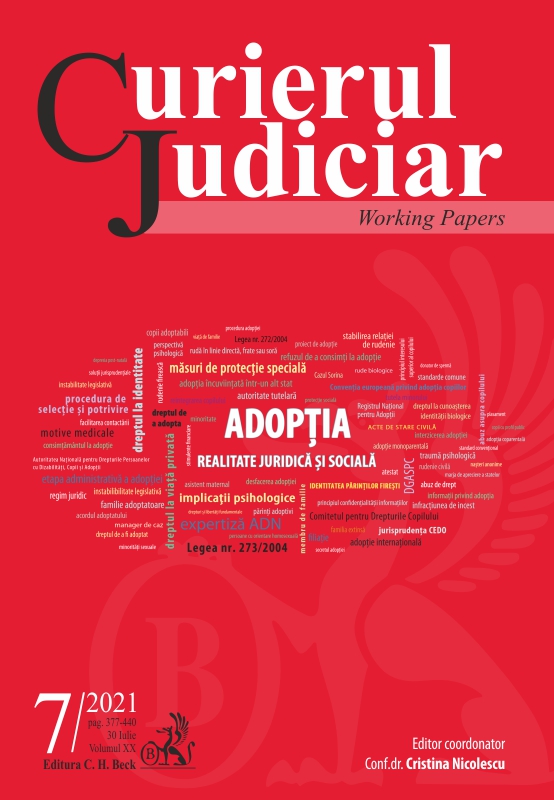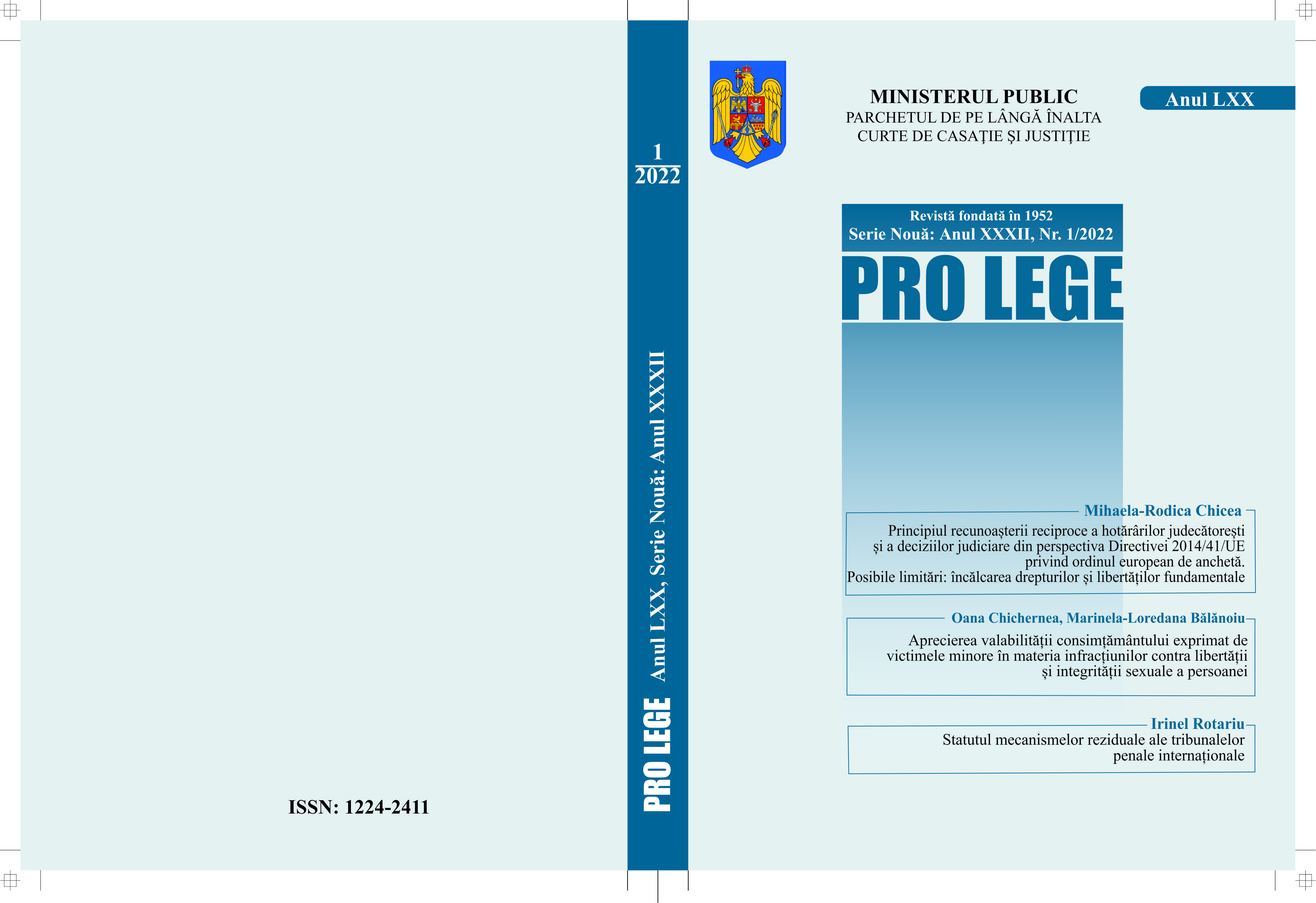Dreptul copiilor la un mediu sănătos in familie
Author(s): Violeta Pop / Language(s): Romanian
/ Issue: 1/2010
Keywords: family; social and juridical principles; social assistance; right to education; right to opinion;
The International Convention on the Rights of the Child as well as other numerous human rights documents on the webpage of the United Nations provide for a number of social and juridical principles applicable to the protection of the child, which can be grouped into rights to protection against any forms of physical or emotional abuse, rights to development, closely related to the provision of the necessary services, such as education and healthcare, all children’s access to these rights, and the rights to participation and consultancy on the decisions affecting them. With regards to the need that children should be guaranteed a safe environment and protection within families, communities, schools and institutions, a phenomenon that has lately become more and more largely spread is to be remarked, namely, the fact that a constantly increasing number of parents go abroad leaving their children to be taken care by other persons or simply leaving them unsupervised. The situation of children whose parents left the country has been studied to a lesser extent; instead, mirroring of the phenomenon by the press entailed a trend of opinion that tempted to label immigrants’ children as “problem children”. It has to be noticed, however, that these children are violated a number of rights, such as the right to have and be protected by a family, the right to education, the right to opinion and participation, the right to spare time, play and cultural activities, the right to nondiscrimination/social inclusion. Parents’ migration has thus some of the most unwanted effects upon the children left behind at home. Children’s separation from one or both their parents for a longer period of time generates a feeling of abandon, with repercussion upon their personalities. Children need to develop strong attachment relations with their parents or other adult persons, while discontinuous affective relations, affective deficiencies, defective communication of feelings and emotions may negatively affect the child’s pshycho-social development. Under the circumstances, special attention should be paid to assistance, particularly social assistance, to spare children from the vulnerabilities that may occur.
More...


